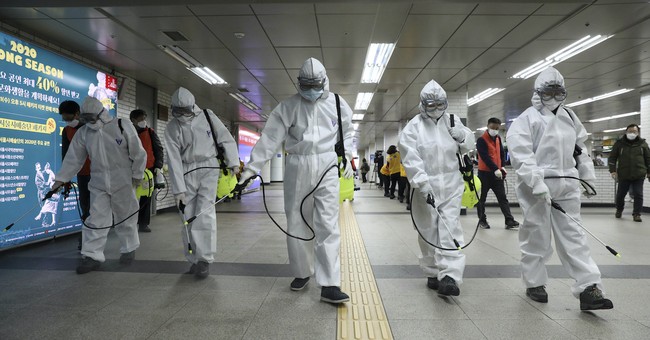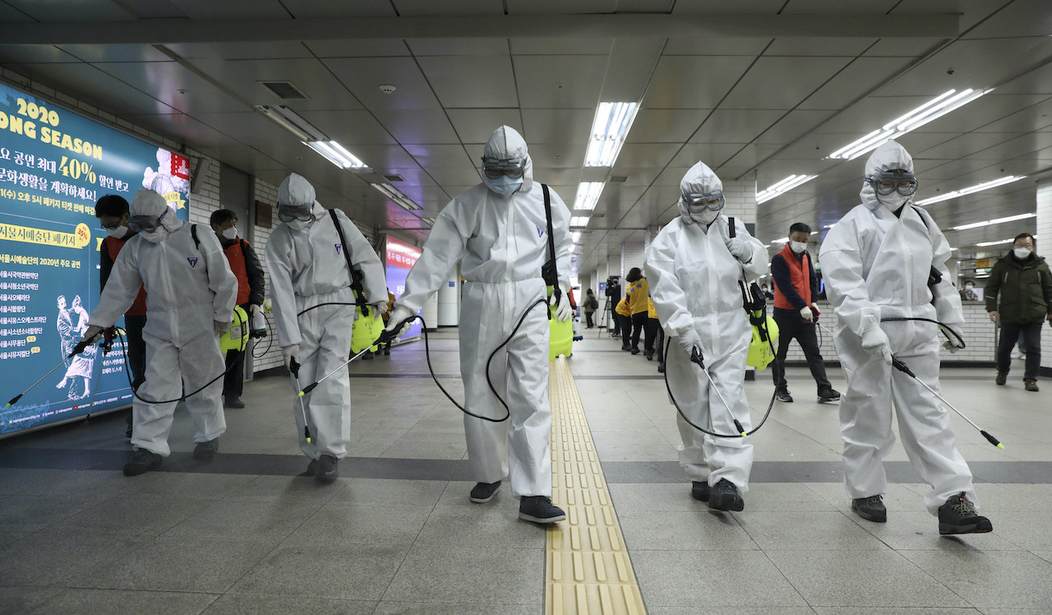
In April more than 200 South Koreans tested positive for coronavirus infection after previously being infected and having recovered, a statistic that concerned public health officials in South Korea and around the world, since so little is known about immunity and possible Wuhan flu reinfection.
Korea Centers for Disease Control (KCDC) has been investigating the phenomenon, and the chair of its Central Clinical Committee for Emerging Disease Control held a press conference Wednesday to discuss the latest findings. Dr. Oh Myoung-don of Seoul National University said the committee found that dead virus fragments were the likely cause of the positive test results and there was little reason to believe they were reinfections.
“The tests detected the ribonucleic acid of the dead virus….”
He went on to explain that in PCR tests, or polymerase chain reaction tests, used for COVID-19 diagnosis, genetic materials of the virus amplify during testing, whether it is from a live virus or just from fragments of dead virus cells that can take months to clear from recovered patients.
The PCR tests cannot distinguish whether the virus is alive or dead, he added, and this can lead to false positives.
“PCR testing that amplifies genetics of the virus is used in Korea to test COVID-19, and relapse cases are due to technical limits of the PCR testing. The respiratory epithelial cell has a half-life of up to three months, and RNA virus in the cell can be detected with PCR testing one to two months after the elimination of the cell,” Oh said.
The committee ruled out reactivation of COVID-19 as a reason for relapses and said there was little to no possibility that reinfections would occur due to antibodies that patients develop.
“The process in which COVID-19 produces a new virus takes place only in host cells and does not infiltrate the nucleus. This means it does not cause chronic infection or recurrence,” Oh said.
According to Oh, the people who tested positive a second time likely “picked up virus RNA that has already been inactivated” and that the virus has a lack of ability to “create chronic infections.”
That’s definitely good news in South Korea, which has flattened the curve and is reporting 10 new infections a day, and around the world.














Join the conversation as a VIP Member